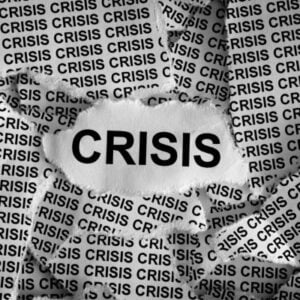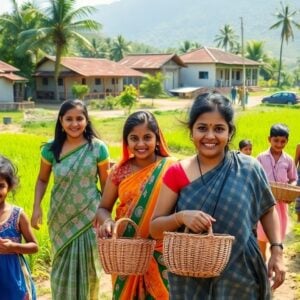The recent unrest in Ladakh has brought national attention to the region, not for its landscapes or strategic value, but for the growing tensions surrounding foreign-funded non-governmental organizations (NGOs). At the center of the controversy stands Sonam Wangchuk, a once-celebrated engineer and environmentalist whose NGO network, previously admired for its innovation in education and sustainability, is now under scrutiny for opaque financial practices and alleged foreign ties. His hunger strike and public mobilization efforts, while amplifying local grievances, have also raised concerns about the role of externally funded organizations in shaping political movements in India’s sensitive border territories.
The Ministry of Home Affairs recently cancelled the FCRA license of Wangchuk’s flagship organization, the Students’ Educational and Cultural Movement of Ladakh (SECMOL), citing financial irregularities and questionable foreign contributions. Once a model for grassroots innovation, SECMOL and other affiliated entities are now accused of blurring the lines between community service and political activism. Critics argue that NGOs with international backing lack the democratic legitimacy required to influence national politics, particularly in strategically sensitive areas like Ladakh, where issues of sovereignty and security are paramount.
Under India’s Foreign Contribution (Regulation) Act (FCRA), NGOs can receive foreign funds only for humanitarian purposes, with strict transparency and usage guidelines. However, many organizations, including those linked to Wangchuk, are alleged to have diverted funds into political or advocacy-related activities. Reports indicate that SECMOL maintained multiple undeclared accounts and accepted foreign funds for projects related to sovereignty — a clear violation of FCRA norms. Similarly, Wangchuk’s Himalayan Institute of Alternatives Ladakh (HIAL) is said to have received large international contributions from entities such as the Swiss Confederation, UNDP, and multinational corporations, some of which were reportedly channeled into his private company.
The controversy also extends to ideological influences. Several of Wangchuk’s donors, such as DanChurchAid and other Western foundations, are linked to faith-based and activist networks with political undertones. Such connections, according to regulatory authorities, can enable subtle forms of agenda-pushing under the guise of development work. Similar patterns have been observed in the past — from the Ford Foundation’s involvement in political funding during the Cold War to Greenpeace’s opposition to India’s energy projects — all reinforcing the risks of foreign-funded activism in domestic policymaking.
At the heart of the issue lies a fundamental question: can NGOs funded by foreign donors act as political pressure groups within a sovereign democracy? The answer, according to the government and many policy experts, must be no. These organizations, while often performing valuable service roles, are accountable not to the Indian electorate but to overseas funders whose interests may not align with India’s national priorities. When such entities engage in political mobilization, they bypass democratic channels and risk undermining state authority — a danger magnified in border regions like Ladakh.
That said, the genuine concerns of Ladakh’s residents cannot be dismissed. The region faces real challenges, from unemployment and environmental fragility to the demand for constitutional protections. These grievances deserve democratic redress through elected representatives and institutional dialogue, not through protests and hunger strikes orchestrated by organizations dependent on foreign capital. Allowing such activism risks turning legitimate local issues into instruments for external influence, distorting both governance and public perception.
Ladakh’s unique geopolitical context amplifies these concerns. Flanked by China and Pakistan, the territory is one of India’s most strategically vulnerable regions. Its delicate demographic balance and proximity to contested borders make it especially susceptible to manipulation by foreign actors. In this environment, the infusion of external funding into activism — even under benign labels such as environmentalism or youth education — poses a potential national security risk.
The lesson from Ladakh is clear: India must enforce stringent oversight of foreign-funded NGOs, particularly in frontier regions. The FCRA should be applied with heightened vigilance to ensure transparency and prevent the politicization of donor funds. At the same time, strengthening domestic philanthropy and local governance can reduce reliance on foreign aid. Empowering community institutions and ensuring that democratic forums address regional concerns will prevent the vacuum that allows external actors to step in.
Ultimately, while dissent and debate are vital to India’s democracy, they must remain sovereign and accountable to Indian citizens alone. The unfolding events in Ladakh serve as a reminder that national integrity and democratic legitimacy cannot be outsourced — and that foreign-funded activism, however idealistic it may appear, cannot substitute for the will of the people in safeguarding India’s frontiers.







